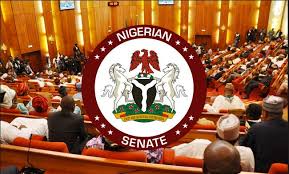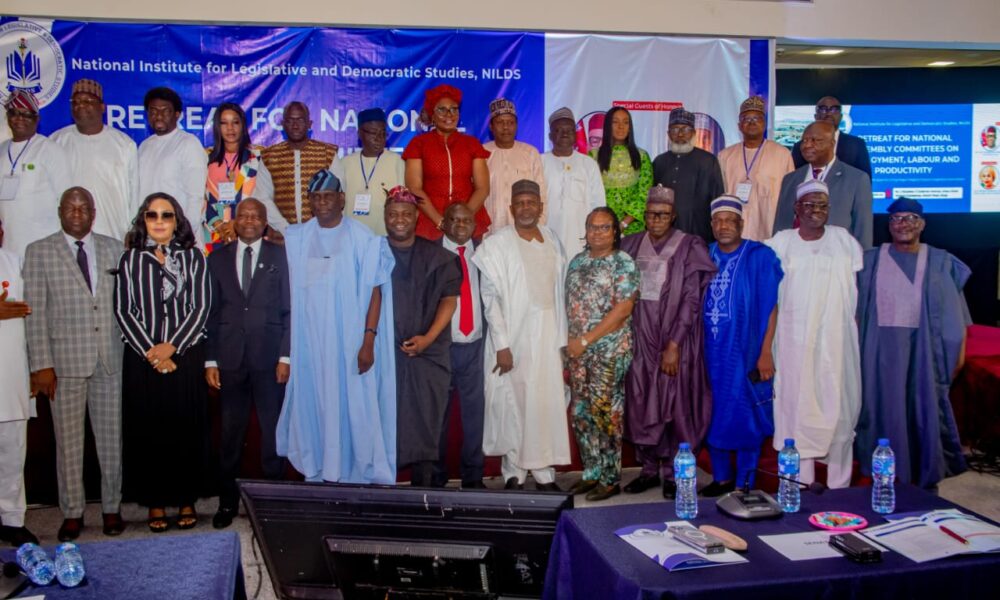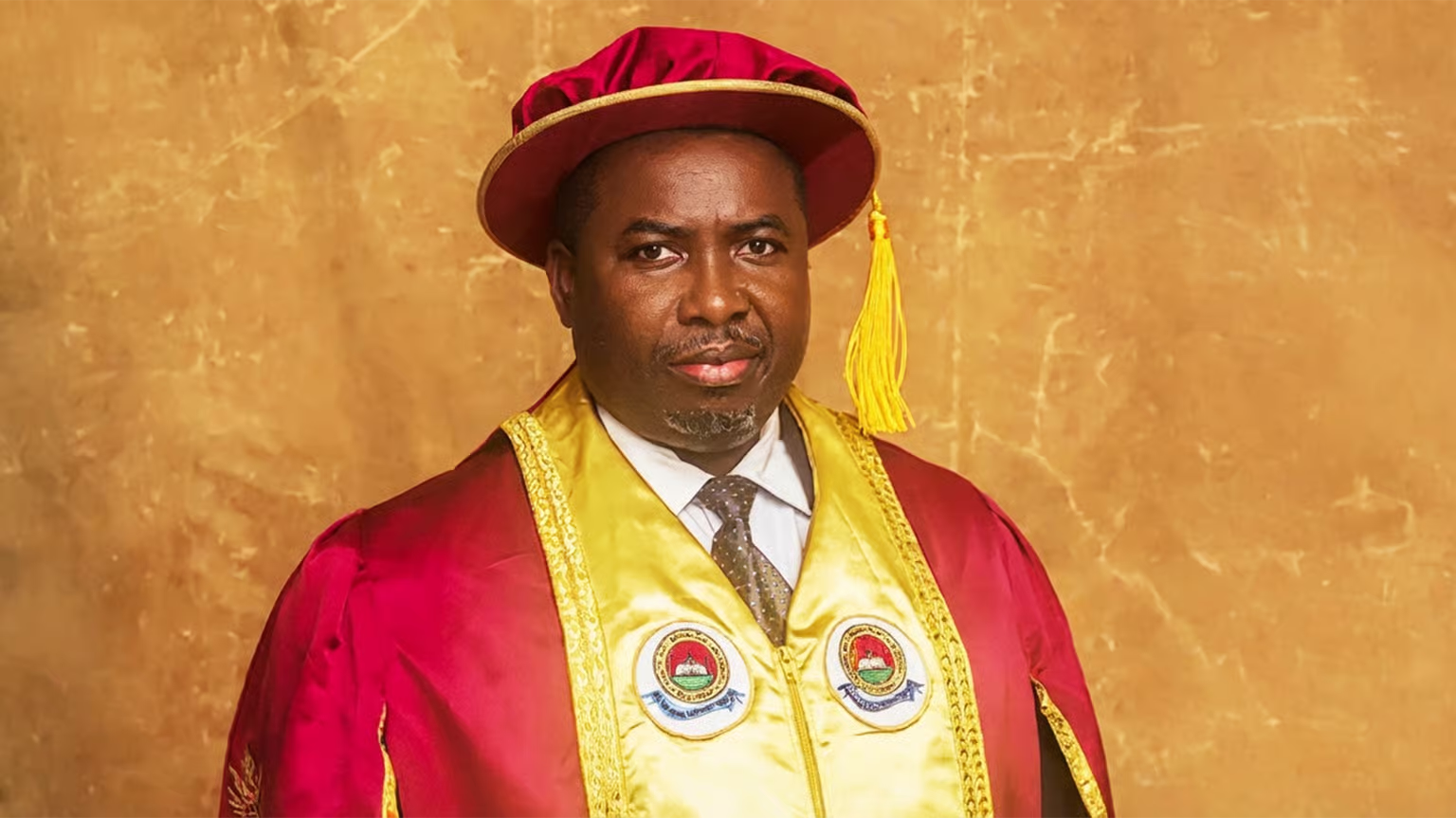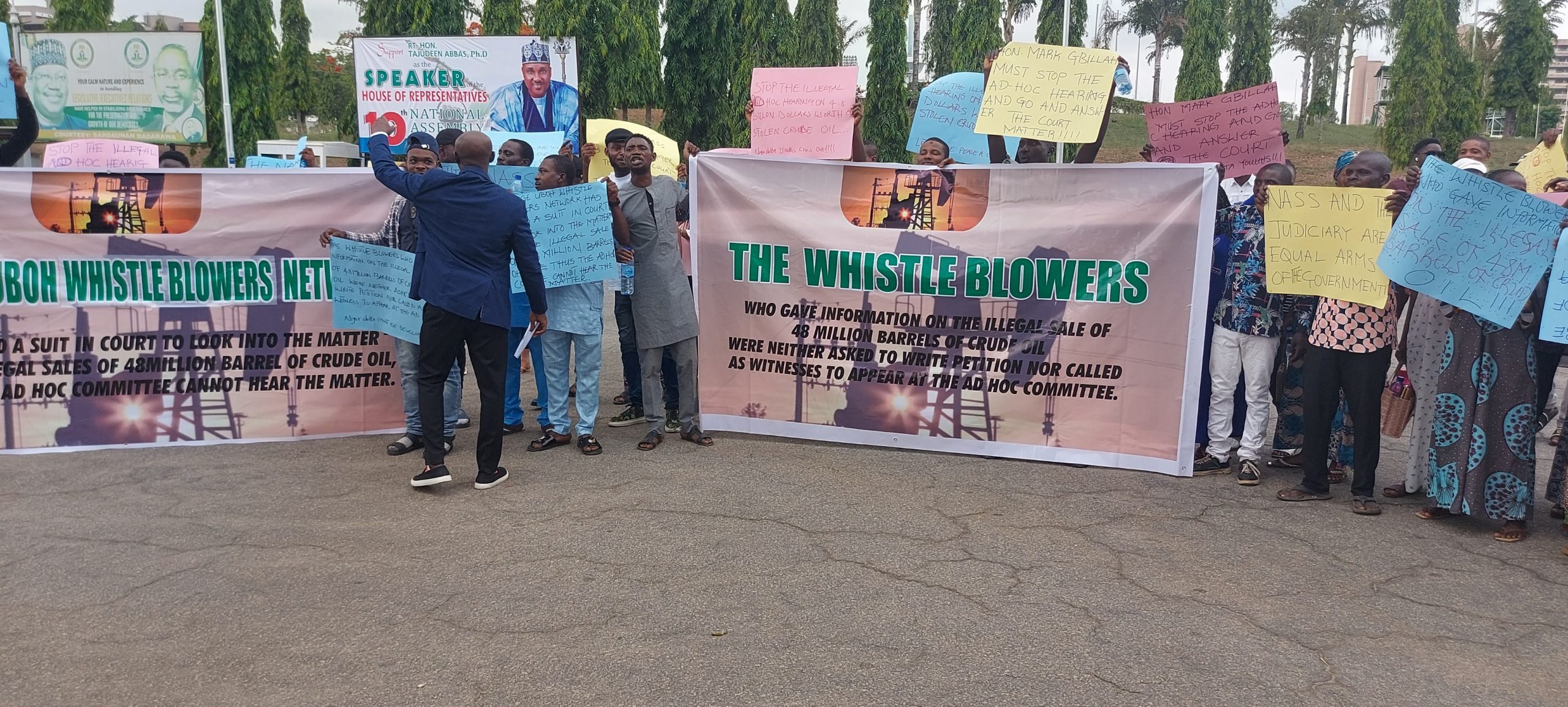FG suffers $9.3b lost due to failure of law firm
Senate Panel on Public Account has uncovered alleged $5 million legal fee paid to a law firm for the recovery of $9.3 billion loss by the officials of Nigerian Maritime and Safety Agency (NIMASA) without getting the service.
The $5 million which is five percent of the amount agreed was paid for the intelligence based tracking of global movement of Nigerian Hydro-Carbon and recovery of loss by the Federal Government of Nigeria in the sum of USD9.3billion between 2013 and 2014.

The Chairman of the Committee, Senator Matthew Urhoghide who expressed disatisfaction with the failure on the part of NIMASA to appear before the Panel said they have no other option than to issue warrant of arrest on the Director General of NIMASA.
According to him, they have invited NIMASA for the third time, but the agency failed to honor the invitations. “This Committee has no other option than to issue warrant of arrest against the Director General of the agency. They can come to the National Assembly for the appropiation of funds, but when it is time to give account they will be no where to be found.”
“The Committee had invited NIMASA for the third time to render explanation on the payment of $5 million as professional fee and details of $9.3 billion loss by the Federal government, but the agency declined the invitation.
The report of the Auditor General which was sighted by our correspondent indicated that all efforts by the Auditor Of the Federation to see the details of $9.3 billion loss by the Federal government for thorough scrutiny was not granted by NIMASA.
According to AuGF report, the money was paid from Zenith Bank (UK) dollar account.
The query reads, “Audit observed that the agency engaged the service of a legal firm through a letter with reference number NIMASA/DG/KP/2014/001, dated 24th January 2014 for the intelligence based tracking of global movement of Nigerian Hydro-Carbon and recovery of loss by the Federal Government of Nigeria in the sum of USD9.3billion between 2013 and 2014, with a start-off cost of USD5million and 5% of all sums recovered.
“Payment instruction with reference number NIMASA/2007/DFS/WJ/5.500/VOL.11/341 dated April 2014 showed that the firm was paid the sum of $4,523,809.52 (Four million five hundred and twenty three thousand eight hundred and nine dollar fifty two cents only) net as professional fees from Zenith Bank (UK) Dollar account.
“The naira equivalent of this amount was N741,904,761.28 at an exchange rate of N164 to a dollar as of that date.
“No evidence of recovery of either part or the entire sum of the 9.3 Billion US Dollars was presented as at the time of the Periodic Check in February 2018, despite the huge amount of money already paid to this effect.
“It is instructive to note that details of the transaction leading to the loss of USD9.3billion to the Federal Government which only came to audit attention through the review of the letter from the agency to the legal firm so as to ascertain what could have transpired, resulting in such a huge loss were not presented for audit.
“Ordinarily, the firm should have deducted its fees from the amounts recovered for the FGN, and not receive fees in advance in lieu of the recoveries.
“Audit is concerned that payments was made for service not rendered and this may be a deliberate attempt to divert government funds for personal use.
“The Director-General is required to justify the payment for service not rendered, failure for which the sum of N741,904,761.28 should be recovered from the legal firm and paid into the CRF.
“They are to forward the evidence of payment to the Public Account Committees of the National Assembly and to the Office of Auditor-General for the Federation for verification. “Sanctions stated in FR 3104 should apply. He is also required to provide details of the transaction(s) leading to the loss of 9.3 Billion US Dollars for thorough scrutiny.”




